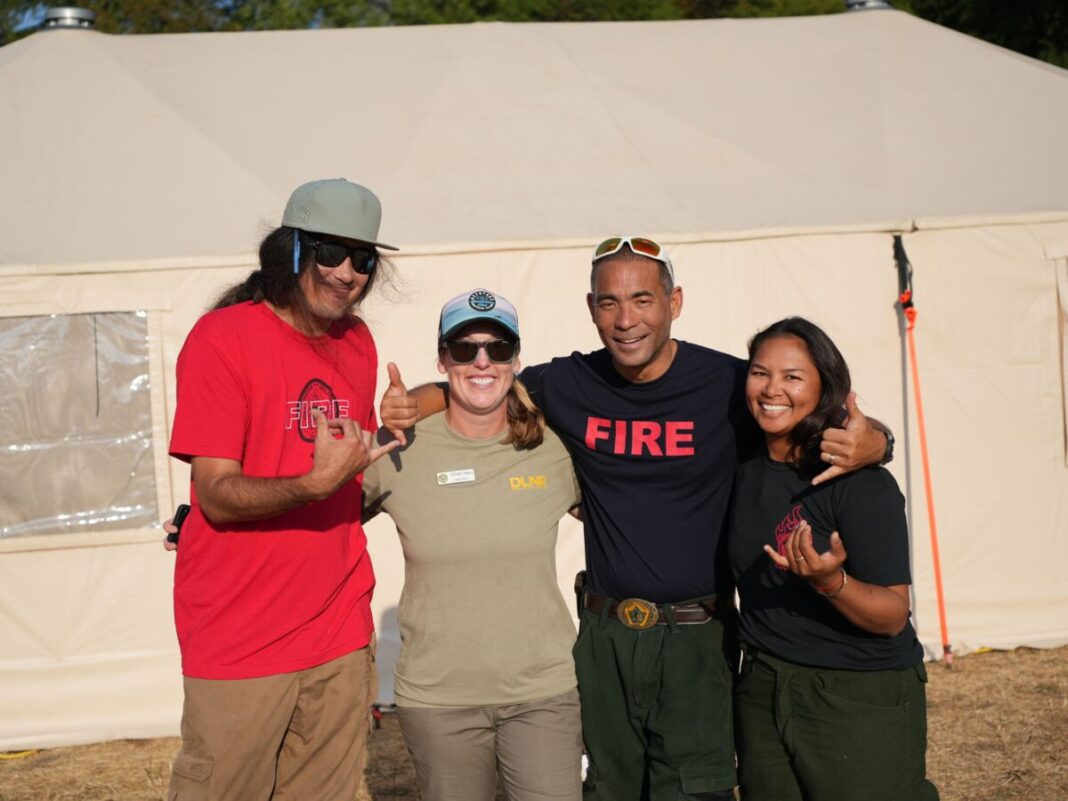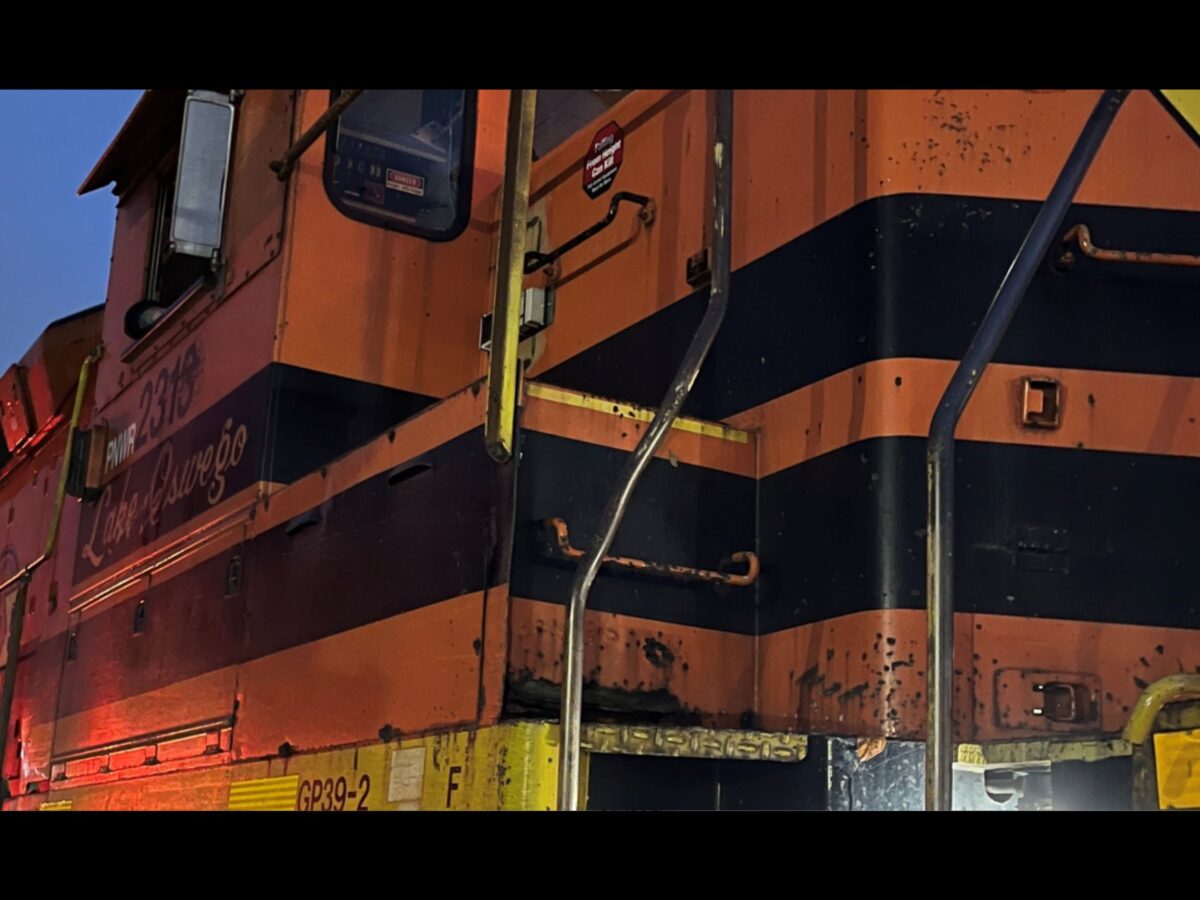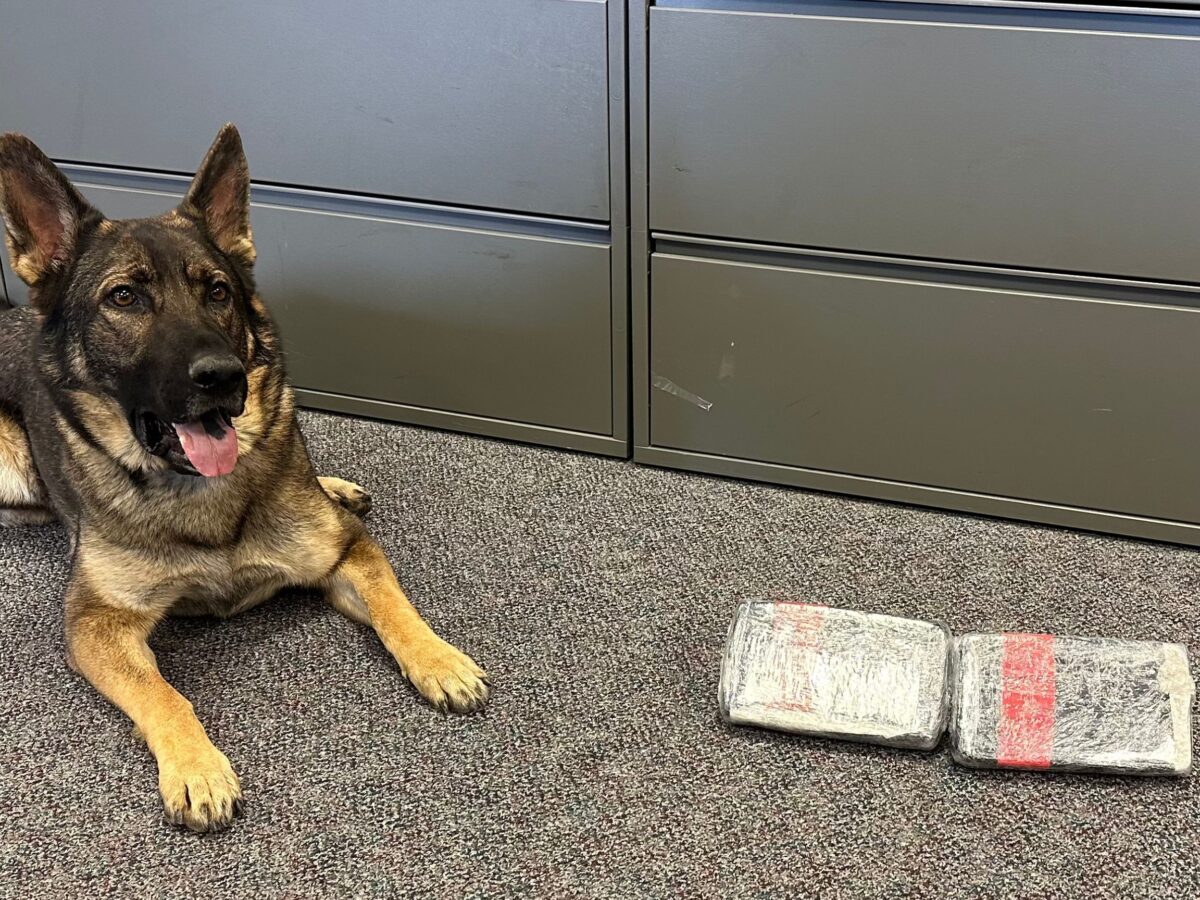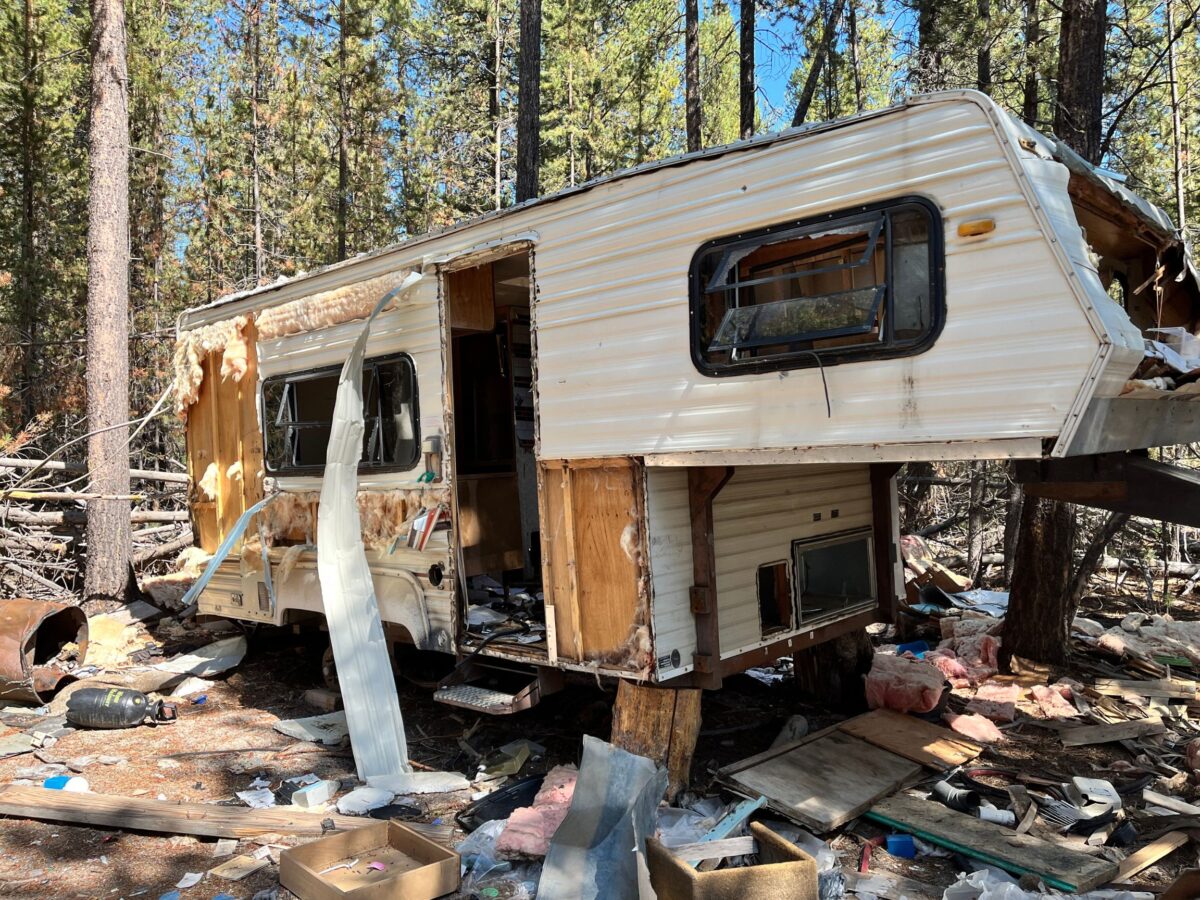Hawaii, the most recent state to join the Northwest Compact, hit the ground running by sending personnel to Oregon on their first fire assignments under the compact.
This past April, Hawaii became the eleventh member of the Northwest Wildland Fire Protection Agreement (NW Compact). The purpose of the NW Compact is to promote effective prevention, suppression, and control of forest fires in the Northwest wildland region of the United States and Western areas of Canada. It provides an efficient way for member states, provinces, and territories to cope with wildland fires that might be beyond the capabilities of a single member agency, through information sharing, technology and resource distribution.
NW compact members include the U.S states of Oregon, Washington, Idaho, Montana, Alaska and Hawaii. It also includes the Canadian provinces of British Columbia, Alberta, Saskatchewan, the Yukon Territory and the Northwest Territories.
With Hawaii joining the NW Compact community in 2024, Oregon Department of Forestry’s Team 2 wants to recognize and thank resources from Hawaii on the Dixon Fire.
There’s a contingent of four resources that traveled from Hawaii to help suppress the Dixon Fire in Douglas County, three hail from Oahu and one from Maui. Each have integrated into the section of the Incident Command System (ICS) in which they hold qualifications. There are different levels of qualifications for “Types” of Incident Management Teams. The four Hawaiians on the fire are training for the highest level of qualifications with ODF’s Team 2, a Type 1 Incident Management Team. They include:
- Ryan Peralta—Operations Section Chief Trainee
- Tiana Bolosan—Safety Officer Trainee
- Kahaiaalaiwilani “Kahai” Nakamatsu— Logistics Section Chief Trainee
- Stephanie Franklin— Planning Section Chief Trainee
“Oregon’s wildfires are bigger and more complex than what we have in Hawaii,” said Ryan Peralta, Operations Section Chief trainee. “It’s like being called to play in the Major Leagues, when asked, of course we’re going to come. It gives us a chance to train on a major incident at a larger scale than the wildfires we have back home.”
“The hazards here are similar to those back home, snags in trees and frontal-attack,” said Tiana Bolosan, Safety Officer Trainee. “On a bigger fire, you’re responsible for the safety of a larger number of firefighters, it increases the level of intensity.”
All recognized the impact of last year’s Lahaina fire in raising awareness of wildfire hazard in both wildlands and the wildland-urban interface. “The Lahaina fire was an eye-opener for everybody in Hawaii, it’s raised awareness of the need for preparation and planning for another potential large incident,” said Kahai Nakamatsu, Logistics Section Chief Trainee.
Stephanie Franklin, Planning Section Chief Trainee, who lives and works on Maui, responded to the Upcountry Fire when wildfires were also burning in Lahaina. Members of her crew lost their homes while fighting the Upcountry Fire and didn’t find out until returning from their shifts.
“It was devastating to find out of the impact to Lahaina after returning to the yard after shift. Maui is small and very community driven. We’ve had help on the recovery efforts over the last year, so when asked to come help Oregon on this fire, it was kind of a no-brainer,” Franklin said.
The compact enables the exchange of resources with other compact members to improve wildfire response capacity in Hawaii. It will allow Hawaii-based wildland firefighters to gain experience by assisting with wildland firefighting efforts on the North American continent while also allowing the state to call on assistance from other members in the compact, thereby benefiting all compact members.
Oregon has received assistance from many compact partners during this year’s wildfire season. While these four resources from Hawaii are on their first incident in Oregon, there have been multiple members of Hawaii’s fire response personnel in Oregon for the first time under the NW Compact. Personnel from other compact member organizations including Alaska, the Northwest Territories and the province of Saskatchewan, Canada have responded to Oregon’s call for assistance with resourcing the large number of early wildfires this season.







